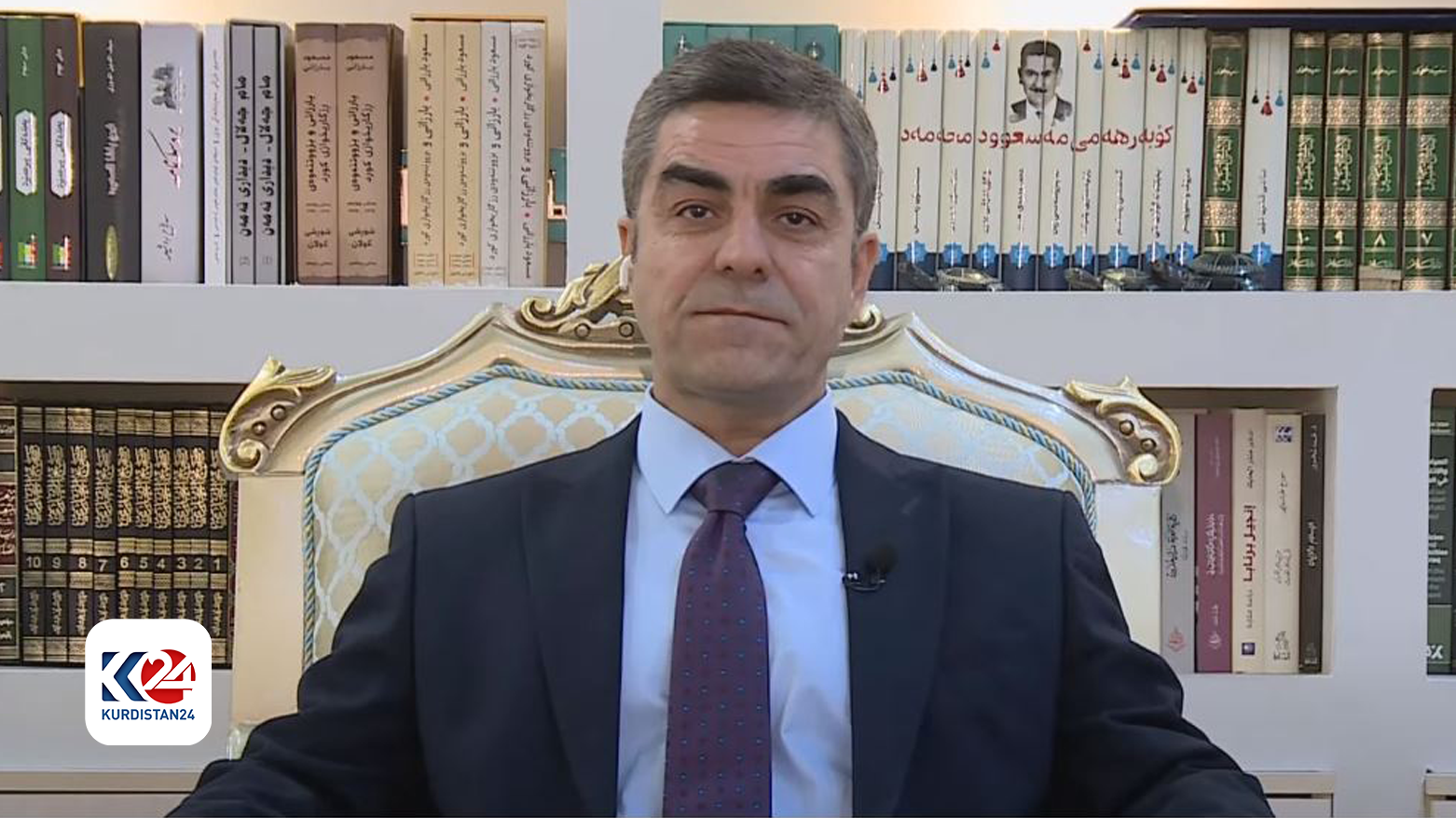Former Head of Kirkuk Provincial Council: Kirkuk’s Identity Shift Cause for Concern

ERBIL (Kurdistan 24) - Rebwar Talabani, the former head of Kirkuk provincial council, was featured on Kurdistan24's 12:00 news tour on Monday and stated that authorities in Kirkuk are planning to decrease the number of Kurds and increase the number of Arabs in the center of Kirkuk.
Mr. Talabani highlighted that he has, “repeatedly emphasized that the armed forces and groups currently in Kirkuk and other parts of Iraq are tools in the hands of a foreign country.”
“Iraq itself has lost its sovereignty, and its government cannot control these forces. That much is clear to everyone," he continued.
He also pointed out the “13-point agreement” with the current Prime Minister Mohammed Shia al-Sudani and his cabinet.
“Within the framework of the agreement, the situation in Kirkuk should return to before the events of October 16, but unfortunately, most of these points have not been implemented" he said.
Mr. Talabani underscored that there is growing advocacy among the “Arab brethren” in Kirkuk to aim at diminishing the Kurdish majority in the center of Kirkuk, “and transform its identity from Kurdish to Arab-majority over several years. They are attempting to relocate Arab citizens from other parts of Iraq to Kirkuk."
Additionally, he remarked that, “The Kurdish struggle should not be solely for positions such as the governorship but should focus on preserving the identity of Kirkuk. This has been our primary challenge for the past 100 years."
